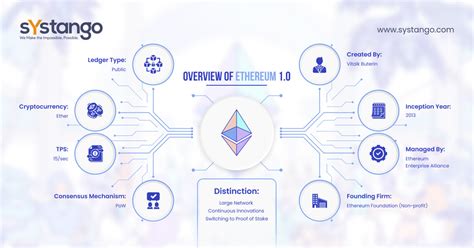Understanding Ethereum’s Block Health and Node Adoption
The cryptocurrency landscape is constantly evolving, with new developments and updates shaping the ecosystem. In this article, we’ll delve into the concept of block health on Ethereum, particularly as it relates to node adoption and the implications for the Bitcoin ethos.
What is Block Health?
Block health refers to the percentage of transactions included in a block that are considered valid and part of the blockchain’s integrity. On any given block, most of the transactions are included without any issues, but a small percentage might be excluded due to various reasons such as:
- Invalid or orphaned transactions: Transactions that do not match the rules or have insufficient data to be included.
- Tally conflicts: Discrepancies between the sender’s and recipient’s wallet addresses.
- Network congestion
: Excessive fees or delays in receiving confirmation from other nodes.
Ethereum’s Block Health at 94.82%
The provided example of Binance Pool showing a block health of 94.82% (Block 795364) is an interesting insight into Ethereum’s performance. This high level of block health suggests that the network has been functioning relatively smoothly, with minimal issues affecting the overall integrity of the blockchain.
Why Do Nodes Accept Blocks with Excluded Transactions?

Nodes, or nodes on the network, are responsible for validating and including transactions in new blocks. When a node receives a block with intentionally excluded transactions, it may face several challenges:
- Network congestion: The inclusion of an incorrect transaction can cause delays or even block the entire network.
- Node verification difficulties: Excluded transactions might be harder to verify as valid due to insufficient data or conflicting information.
However, some nodes may still accept blocks with excluded transactions for a few reasons:
- Optimization: Some nodes might prioritize speed and efficiency over strict adherence to rules, opting to process more transactions in batches rather than individually.
- Network limitations: The network’s infrastructure and congestion levels can influence the acceptance rate of certain types of transactions.
The Bitcoin Ethos
The Bitcoin ethos emphasizes decentralization, transparency, and fairness. While nodes have a responsibility to maintain the integrity of the blockchain, they also have an obligation to accept valid transactions without bias or discrimination.
In conclusion, the block health of 94.82% on Binance Pool highlights Ethereum’s relatively smooth operation, but it doesn’t necessarily imply that nodes should prioritize included transactions over excluded ones. The decision ultimately depends on node optimization strategies and network conditions.
Conclusion
Ethereum’s high block health at 94.82% provides a snapshot of the network’s current state, while also revealing some of the challenges faced by nodes when dealing with excluded transactions. Understanding these dynamics is essential for both developers and users to navigate the cryptocurrency landscape effectively.
